THC, otherwise known as tetrahydrocannabinol, is the chemical in marijuana that causes the majority of its psychological effects. According to the National Institute on Drug Abuse, it functions similarly to cannabinoid chemicals produced naturally by the body (NIDA).
Cannabinoid receptors are concentrated in brain regions associated with cognition, memory, pleasure, coordination, and time perception. According to NIDA, THC binds to and activates these receptor sites, influencing memory, pleasure, movement, thinking, ability to focus, coordination, and sensory and time perception.
THC is one of many chemicals found in the resin naturally produced by marijuana plant glands. More of these glands are found around the plant's reproductive organs than anywhere else. This resin contains cannabinoids, which are marijuana-specific compounds. According to the National Center for Biotechnology Information, one cannabinoid, CBD, is non psychoactive and actually stops the high associated with THC.
How THC Affects the Body
THC has the ability to attach to molecules known as cannabinoid receptors on neurons within certain brain regions and activate them, disrupting numerous mental and physical functions and causing the previously described effects. The endocannabinoid system, the neural communication network that uses cannabinoid neurotransmitters, plays a vital role in the nervous system's basic functioning.
THC can cause feelings of euphoria by stimulating the release of a neurotransmitter called dopamine in the brain. However, the effects on the body can differ from person to person.
THC users may experience the following side effects:
Relaxed feelings
Increased sensory perception
Increased appetite
THC also stimulates the brain's reward system, which involves regions that govern the reaction to healthy enjoyable behaviors like sex and eating, by acting on cannabinoid receptors.
What Is THC Used For? Benefits of THC
THC is used recreationally, but it also has a variety of medicinal applications. Cannabis has been used medicinally for thousands of years, but current studies on its use to help ease and treat illness is still in its early stages.
THC may help with the following conditions:
Depression
Anxiety
Glaucoma
Inflammation
Inflammatory Bowel Disease (IBD)
Insomnia
Irritable bowel syndrome (IBS)
Migraines
Multiple sclerosis (MS)
Spasticity of the muscles
Nausea
Opioid addiction
Pain
Appetite problems
Post-traumatic stress disorder (PTSD)
Seizures
HIV/AIDS-related symptoms
Are There Any Risks In Using THC?
Marijuana's effects make it a popular drug. According to NIDA, THC can cause a recurrence in schizophrenic symptoms.
Another potential side effect of THC use is impaired motor skills. Marijuana may impair driving or other related acts for three hours after consumption, and it is the second-most common psychoactive compound found in drivers, after alcohol, according to the National Highway Traffic Safety Administration. People who use medical marijuana are not allowed to drive until it has been determined that they can tolerate it and perform motor tasks efficiently.
Forms of THC
THC is commonly smoked as marijuana (dried leaves of the Cannabis plant), but it can also be used in a variety of other ways. THC can be ingested by:
Inhalation: This is the quickest method of administration and produces the most immediate psychoactive effects, often within minutes. THC is inhaled through smoking, vaping, or dabbing.
Orally: THC can be consumed orally in the form of capsules, edibles, tinctures, or oils. While this method of administration takes a bit longer to provide an effect, the effects of the drug tend to last longer.
Topically: THC can be placed in lotions, balms, salves, oils, and bath salts, which are then applied to the skin. Because the effects of this technique are usually confined, they are unlikely to have psychoactive effects. However, such products may be beneficial in terms of reducing pain and inflammation.
Sublingually: THC can be consumed sublingually as lozenges, sprays, or dissolvable strips that are put under the tongue and diluted.
THC FAQs
Does THC Help Pain?
THC is similar to cannabinoid chemicals found naturally in the body. THC stimulates cannabinoid receptors in the brain when consumed or inhaled. This activates the brain's reward system while also decreasing pain levels.
How Does THC Affect the Central Nervous System?
THC has a psychotropic effect on the central nervous system via CB1 receptors and an analgesic effect via CB2 receptors. The bonding of the ligand, Anandamide, activates CB1/CB2 receptors. Marijuana intake has been shown to increase resting heart rate and systolic/diastolic blood pressure.
What Is the Legal Limit of THC in Canada?
If you meet the minimum age requirement of the province or territory in which you are traveling, you may carry up to 30 grams of dried cannabis or its equivalent. Before you travel, it is your responsibility to learn the laws of the province or territory you will be visiting.
How Many Types of THC Are There?
Cannabis's two main varieties, sativa and indica, are used for a variety of medicinal and recreational purposes.
Sativas are famous for their "head high," an energizing, invigorating effect that can help reduce anxiety or stress while increasing creativity and focus.
Indicas are commonly associated with full-body effects such as increased deep relaxation and decreased insomnia.
